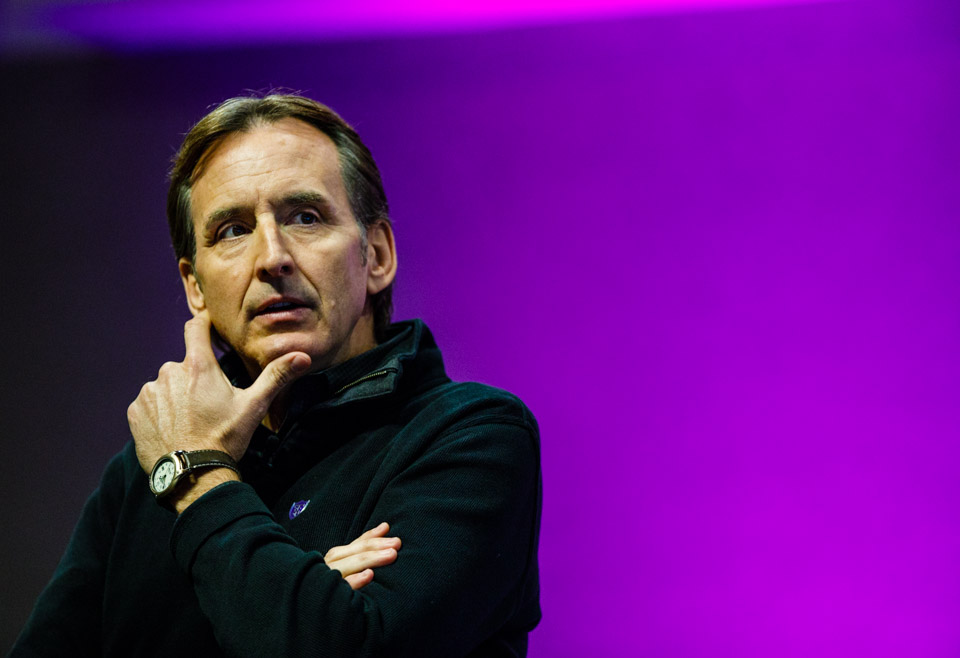The university's First Friday Speaker Series kicked off on the St. Paul campus on Friday with former governor and CEO of Financial Services Roundtable Tim Pawlenty. In the midst of Homecoming Week and its annual celebration of past and present, Pawlenty spoke about the future, specifically artificial intelligence, new technologies and the dawn of the fourth industrial revolution.
“It’s about to explode in ways that will be extremely promising and extremely disruptive,” Pawlenty said.
Pawlenty has been speaking to many groups in recent months on the importance of preparing for these massive disruptions on the horizon. That comes in the form of changing how we educate and train our citizens, he said, which is particularly pertinent at a liberal arts university such as St. Thomas.
“In the areas that can’t be automated, we have to lean into them. … The emotional and humility quotient around certain jobs, the so-called soft skills,” Pawlenty said. “The realm of human interaction is going to be more important than ever.”
Using examples across the sectors of health care, construction and transportation, Pawlenty detailed the expansive reach ongoing technological and artificial intelligence advances will have. It will, simply put, affect everything, he said.
“Sixty-five percent of children entering primary school today will be working in jobs that don’t yet exist. … Oxford came out with study saying 47 percent of jobs in United States will be eliminated in 20 years. … What’s the net effect of all this?” he said. “We have to educate and raise awareness. … We have to ask our education leaders and their supporters, at the K-12 level, vocational, higher education, corporate training level, to have an acute understanding of the skills and abilities that go into inventing this, maintaining, installing, monitoring, replacing this.”
Citing the strengths of Minnesota in education, economy, health and many other sectors, Pawlenty cautioned against the notion of complacency or continuing to do things the way we have because they’ve been successful. Instead, there needs to be an educating and level of preparation for what is not “'Star Trek,' some freaked-out scenario. These are all technologies, capabilities, that are at market or will be brought to market shortly,” he said.







